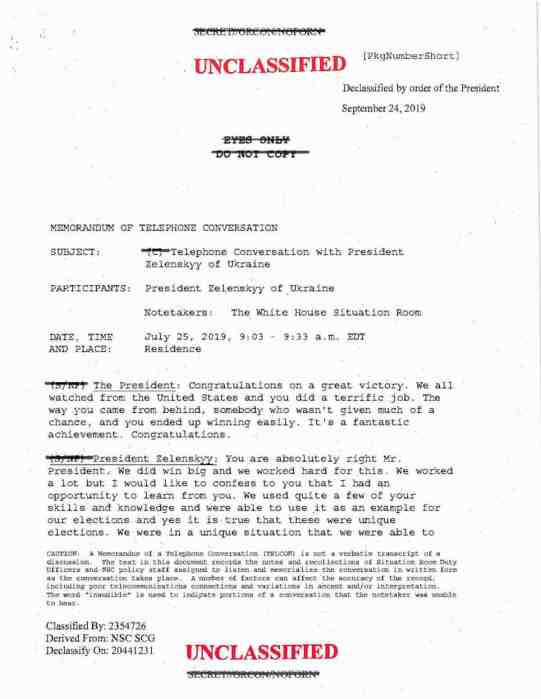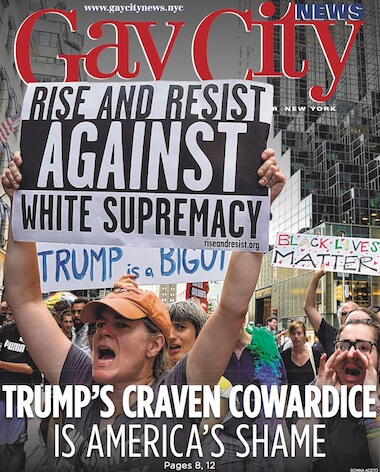In a move that could significantly assist the Russian government in recovering the trademarks to Stolichnaya Vodka, its lawyers have asked a judge hearing a long-running US federal lawsuit to follow rulings from courts in Russia and the Netherlands and issue a partial summary judgment saying that the original conversion of the government-owned entity in the Soviet Union owning those trademarks to a private company subsequently purchased by its current owner was not consistent with Russian law or the law in the former Soviet Union.
“By recognizing the legitimacy of the Dutch or Russian courts’ decisions and precluding further dispute over the fully and fairly litigated issue of VVO’s transformation, the Court will be saving itself and the parties from needlessly expending judicial resources through protracted — and redundant — proceedings,” attorneys for the Russian government wrote in an April filing in the District Court for the Southern District of New York. “The Court will also be preventing SPI from attempting unfairly to relitigate an issue that it has already fully litigated and lost.”
Russia, seeking to regain lucrative vodka trademarks, says issue has already been litigated
If the US federal court agrees with the Russian government, that will not end the case, but it will aid the Russian case by saying, in essence, that the Soviet Union entity that owned the trademarks was never properly privatized. That could mean that the trademarks are the property of the Russian Federation, the government that succeeded the Soviet government.
Stolichnaya, now known as Stoli, began as a Soviet Union-owned brand in the late 1930s or early ‘40s. In 1969, the Soviet government registered the US trademarks and it was consistently sold as an authentic Russian vodka. Following the collapse of the Soviet Union in the early ‘90s, many state-owned businesses were privatized. The new owners, who were frequently government employees, were supposed to pay a market price set by a commission, but they effectively looted those assets. Stolichnaya, the current government of the Russian Federations claims, was among those businesses that were stolen.
The legal fiction in this case is that Federal Treasury Enterprise Sojuzplodoimport (FTE) and Moscow Distillery Cristall, two private entities authorized by the Russian government, are the parties suing in roughly 30 countries to win back the trademarks. In fact, the effort to recover the trademarks began in 2000 on an order from Vladimir Putin, an autocrat who is the Russian president.
The current owners of the brand, Yuri Shefler and Alexey Oliynik and Spirits International (SPI), their company, have argued that the transfer of the trademarks through a series of legal entities in Russia was legal. They bought the trademarks from the private company that owned them for $285,000, according to published reports.
The US lawsuit, which began in 2004, was held in abeyance for several years while the parties apparently discussed a settlement. It was revived in 2014, but discovery was stayed in 2017 after SPI said that many Russian government documents that it needed for its case had not been produced. Lawyers for the government had to review thousands of documents in Russia and turn them over to SPI.
The stay was lifted last year and the Russian government asked the court to recognize the decisions in the Netherlands and Russia in April.
The Russian government has won lawsuits seeking the return of the trademarks in the Netherlands, which includes those in Belgium and Luxembourg, as well, and the Russian courts also supported the government. Russia also won in Austria. A lawyer for Russia wrote in an earlier court filing that comity among 13 European Union members would result in those countries giving the trademarks to Russia.
While the Russian government is arguing that international comity requires the US federal court to recognize the decisions from the Netherlands and Russia, SPI appears to be arguing that there is no international comity because courts in Brazil and Australia ruled in favor of SPI.
The Brazilian courts concluded that the conversion of the state entity to the private company eventually purchased by SPI was done properly. The Australian court effectively ended the lawsuit by permanently staying the proceedings because the Russian government did not cooperate with the discovery of evidence needed in the case.
Many of the SPI’s June 5 and 6 legal documents and exhibits responding to the motion for partial summary judgment were filed under seal so other arguments and evidence are not publicly available.
The Stolichnaya brand was embroiled in controversy in 2013 when LGBTQ activists called for a boycott of Russia and Russian products after that country enacted an anti-gay propaganda law that barred positive depictions or advocacy of LGBTQ causes or people.
In 2018, SPI made overtures to the LGBTQ community by commemorating Harvey Milk, the first, out gay elected official in California, on a Stoli label. Milk was assassinated in 1978. The labeling angered some of Milk’s friends, notably longtime activist Cleve Jones. Last year, Stoli produced a Stonewall 50 commemorative label.



































